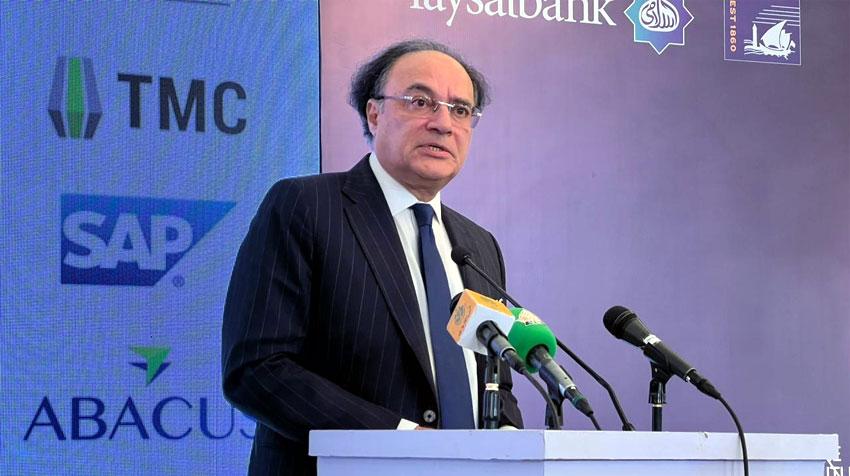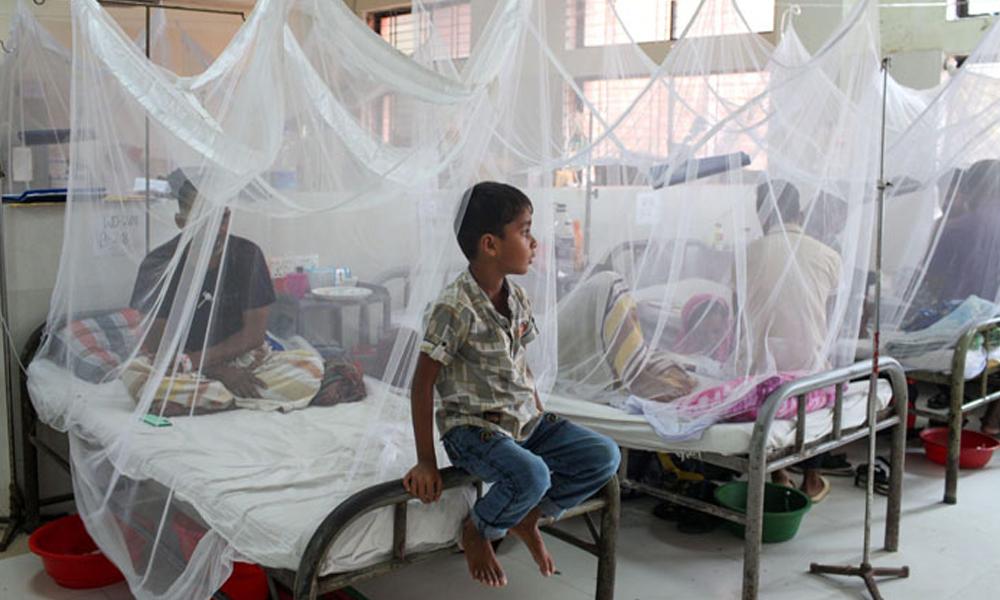The findings showed that patients from deprived or low-income areas had a higher risk of death within 30 days or one year of diagnosis


(Web Desk): A recent study has revealed a startling finding: individuals suffering from poverty and social deprivation are more likely to experience severe complications from a serious heart condition known as endocarditis.
Endocarditis occurs when an infection develops in the inner lining of the heart, particularly on the heart valves. If not diagnosed and treated promptly, it can become life-threatening.
According to experts, this infection typically arises when bacteria or other pathogens enter the bloodstream and reach the heart. These bacteria often enter through the mouth, skin, or open wounds, and once inside the body, they attach to the heart valves, forming clusters that can disrupt blood flow.
Common symptoms of endocarditis include fever and chills, persistent fatigue, shortness of breath, irregular heartbeat. In some cases, red or purple spots may appear on the skin.
The study, conducted in the United Kingdom, found that socially deprived individuals were significantly more likely to face dangerous outcomes from this disease. Three major London hospitals — King’s College Hospital, Guy’s and St Thomas’, and Barts Health — collaborated to form the London Endocarditis Research Network, collecting data from over 1,700 patients between 2013 and 2023.
The findings showed that patients from deprived or low-income areas had a higher risk of death within 30 days or one year of diagnosis. These individuals also had higher rates of coexisting conditions, more inflammation in the body, and were more prone to infections in the right side of the heart. Moreover, they were less likely to undergo surgery and often faced delays in reaching hospitals or making treatment decisions.
Interestingly, the types of bacteria causing the infection were similar across both wealthy and poor patients, but complications were significantly more severe in deprived individuals — largely due to poverty and social neglect. The study also found that a majority of these patients were women and belonged to minority groups.
Experts involved in the study noted that even in a country like the UK — where healthcare is free and universally available — the poorest segments of society suffered the worst outcomes. They concluded that in countries where access to healthcare is not free, the situation could be even more dire.

Aurangzeb calls for reform-driven approach aimed at restoring investor confidence
- 10 گھنٹے قبل

President Trump’s ballroom design might not be AI — but it’s still a mess
- 17 گھنٹے قبل

Making KPop Demon Hunters sound magical meant finding the right harmonies
- 17 گھنٹے قبل

Sheikh Rashid was stopped from travelling abroad despite court order
- 10 گھنٹے قبل

A chance run-in and exception to a rule: How Florida prepared its title defense
- 16 گھنٹے قبل

Affinity’s new design platform combines everything into one app
- 17 گھنٹے قبل

Trump’s anti-climate agenda is making it more expensive to own a car
- 15 گھنٹے قبل

Inside YouTube’s transformation on your TV
- 17 گھنٹے قبل

Microsoft releases an Xbox Full Screen Experience preview for the MSI Claw
- 17 گھنٹے قبل

A bizarre Windows 11 bug duplicates Task Manager instead of closing it
- 17 گھنٹے قبل

Texas Tech, Irish in top 10 before 1st CFP ranking
- ایک دن قبل

Zohran Mamdani becomes New York City's first Muslim mayor after meteroic rise to power
- 12 گھنٹے قبل














